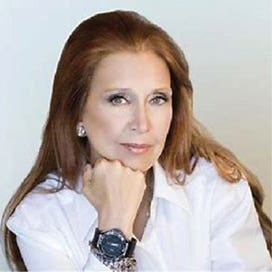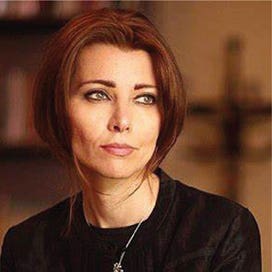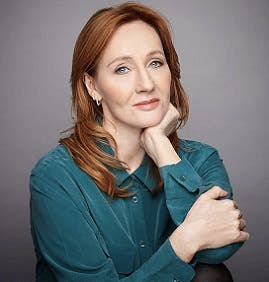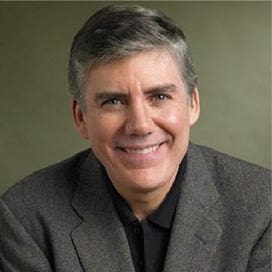Our Fiction Bestsellers
- The Rule BookLBP 1,260,000
- BrideLBP 1,125,000
New Releases
- The TouchstoneLBP 450,000
Dreamland Workbooks
Trending on #BookTok
- Wild Love (rose Hill Book 1)LBP 1,178,100
- Better Than The MoviesLBP 1,060,200
Cookbooks
- Classic French RecipesLBP 4,951,800
Self-Help Bestsellers
Your Favorite Authors
Coming Soon
- We Who Wrestle With GodLBP 2,239,200
Browse by Category
Gardening
Teens & YA New Releases
- The Reappearance Of Rachel PriceLBP 1,080,000
- Better Than The MoviesLBP 1,060,200
- One Last BreathLBP 1,060,200
Browse by Category
Djeco
- "suitcase- Graphic"LBP 3,600,000
- Suitcase - DreamerLBP 3,600,000
- The Colours - Big Box Of ColoursLBP 5,189,400
- Suitcase - SpaceLBP 3,600,000
- Suitcase - OiseauxLBP 3,600,000

































































